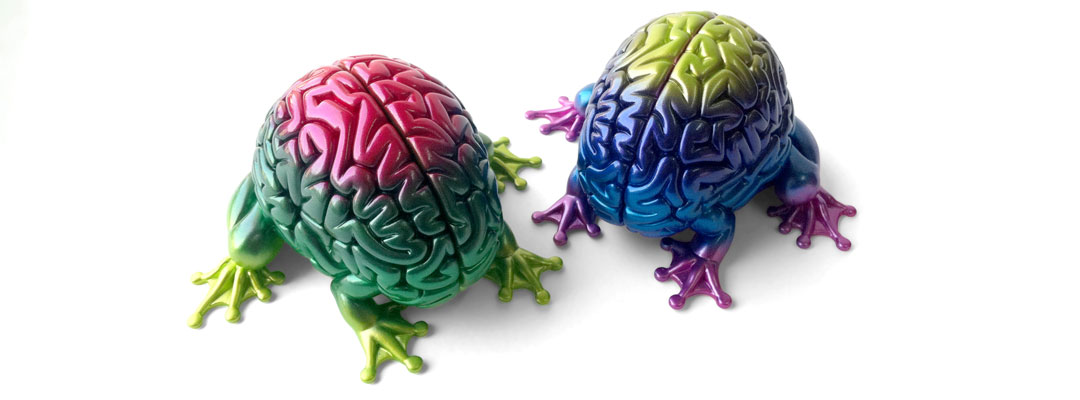Calendar of Events
S Sun
M Mon
T Tue
W Wed
T Thu
F Fri
S Sat
0 events,
0 events,
0 events,
0 events,
0 events,
0 events,
0 events,
0 events,
0 events,
0 events,
1 event,
Catherine Stinson: The Body in ‘Mental Illness’
Catherine Stinson: The Body in ‘Mental Illness’
ABSTRACT If mental and physical are separate domains, “mental illness” should not involve the body. But bodily symptoms are common among people diagnosed with psychiatric disorders. Examples are altered perceptions of hot and cold, and hallucinations of touch. Overlooking the body may contribute to the stigma of psychiatric diagnosis. SPEAKER PROFILE Catherine Stinson is a […]
0 events,
0 events,
0 events,
0 events,
0 events,
0 events,
1 event,
Jackie Sullivan: Understanding Mental Illness: Will a Single Explanatory Model Do?
Jackie Sullivan: Understanding Mental Illness: Will a Single Explanatory Model Do?
ABSTRACT The medical model of mental illness is often characterized as assuming that mental illness is a disorder of the brain. In contrast, the biopsychosocial model allows for the possibility that mental illness is caused by a combination of biological, psychological and environmental causes. Which model is superior for understanding, explaining and treating mental illness? […]
0 events,
0 events,
0 events,
0 events,
0 events,
0 events,
0 events,
0 events,
0 events,
0 events,
0 events,
0 events,
0 events,
1 event,
Chris Viger: Brains and Persons
Chris Viger: Brains and Persons
ABSTRACT Is increasing knowledge of how our brains cause behaviour undermining the very conception of freedom that moral and legal responsibilities presuppose? Is our sense of ourselves as persons under assault from science? Must we rethink criminal responsibility? I present contemporary philosophical views of free will and question how they square with neuroscience. SPEAKER PROFILE […]
0 events,
0 events,
0 events,
0 events,
0 events,
0 events,
1 event,
Louis Charland: Why Neuroscience Needs “Passion”
Louis Charland: Why Neuroscience Needs “Passion”
ABSTRACT After a brief review of the history of affective neuroscience and the theoretical status of emotion in contemporary neuroscience, it will be argued that present day neuroscience suffers from a serious theoretical limitation that is largely due to its focus on short-term observation and reliance on laboratory measurement technologies that restrict it to the […]




